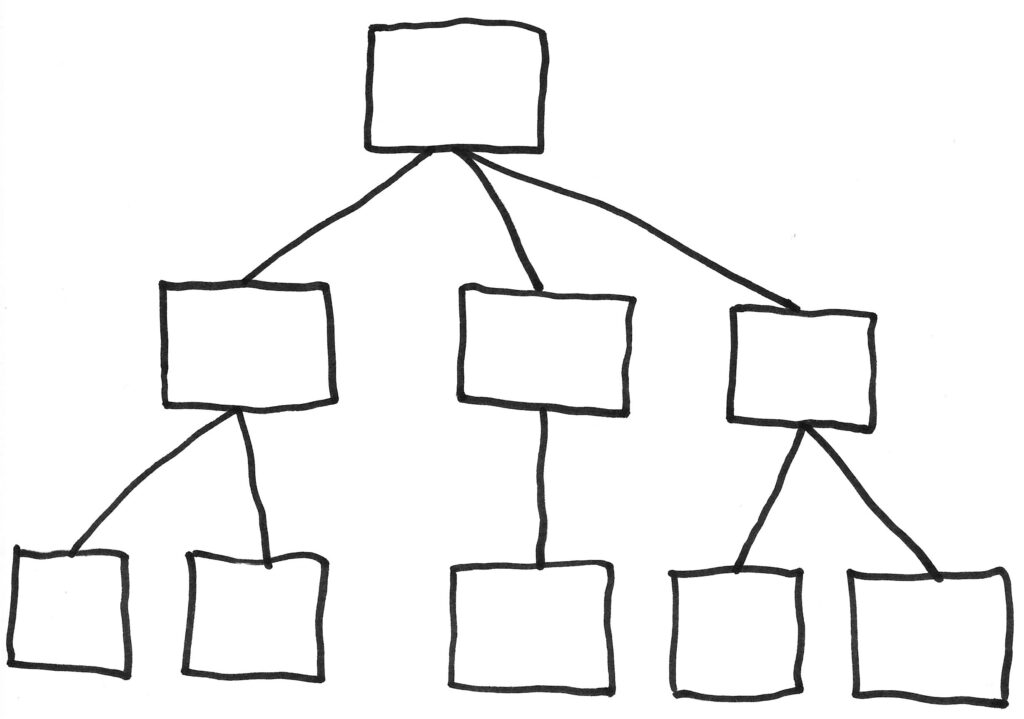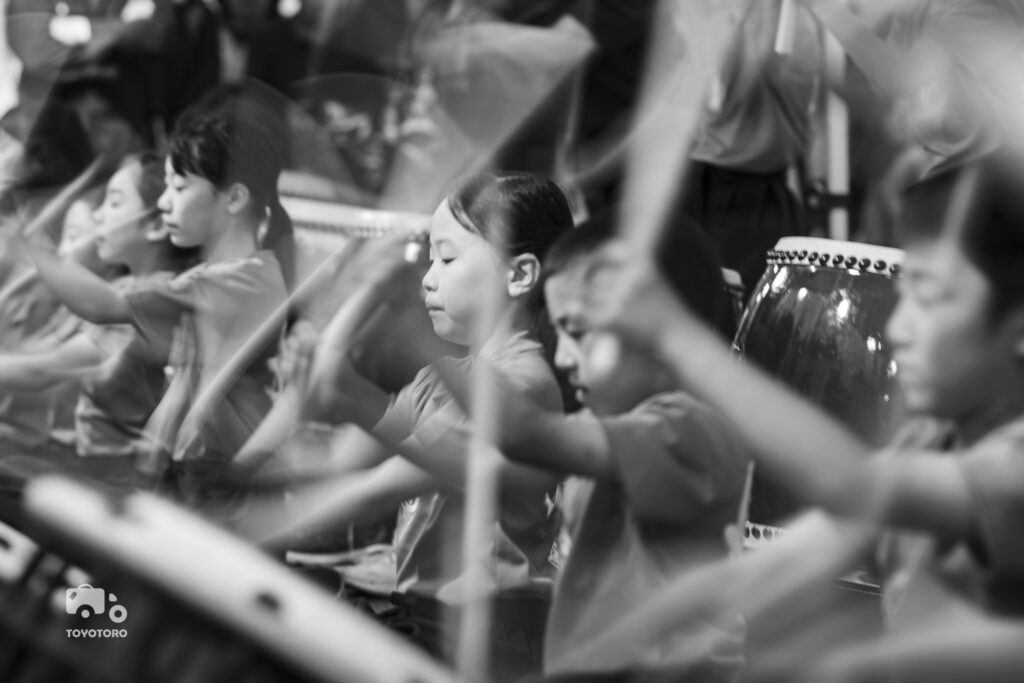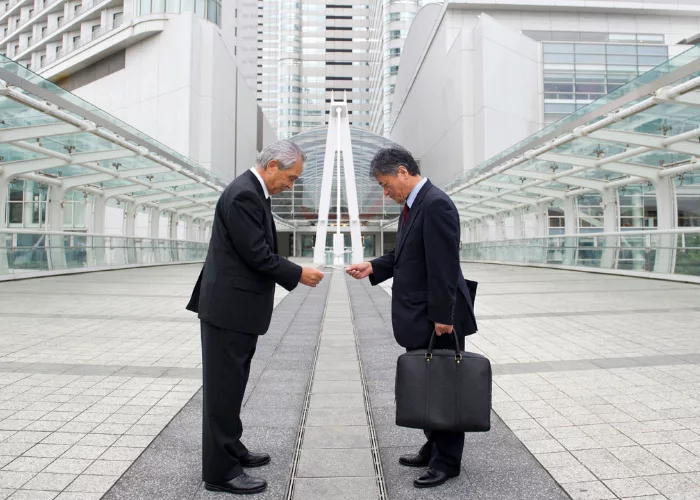During my time working in Japan, I had the opportunity to experience firsthand the nuances of Japanese office culture, which is distinctly different from what I was accustomed to. From the early mornings to the respectful hierarchy, the structure and discipline were both fascinating and, at times, overwhelming. Here’s a glimpse into what I learned about office life in Japan.

Respect and Hierarchy
One of the most noticeable aspects of Japanese office culture is the deep respect for hierarchy. Whether you’re working in a large corporation or a small business, there’s a clear structure of seniority, and it influences everything from how you address colleagues to how decisions are made. I remember early on being advised to always use honorifics (like “-san”) when addressing coworkers, regardless of their position. This formality extends to communication, where even the tone of emails and meetings is very polite and respectful.
The hierarchy is also reflected in group activities and even in meetings. Senior employees are expected to speak first and have the final say, while junior members are expected to listen, take notes, and contribute humbly when invited to do so. This isn’t about stifling innovation or creativity but rather about maintaining harmony and respect within the team.

Group Harmony (Wa)
The concept of wa—group harmony—is central to Japanese office culture. This manifests in the importance of working together as a team and avoiding direct conflict. Decisions are often made by consensus, and everyone’s input is considered before moving forward. During meetings, I noticed that opinions are usually shared in a calm and non-confrontational manner, with everyone agreeing on the direction to take.
However, this emphasis on harmony also means that direct confrontation or criticism is avoided, which can sometimes make it hard to gauge where you stand in a project. As a foreigner, I had to adapt to this indirect style of communication, learning to read between the lines and understand unspoken cues.
Work Hours and Commitment
Long work hours are common in Japan, with many employees staying at the office late into the evening. This culture of dedication, or gaman (endurance), was something I had to adjust to. While I valued the hard work and attention to detail, it often meant that the line between personal and professional life was blurred. However, this also led to a strong sense of camaraderie, as coworkers would often go out together after work to unwind, which is a big part of bonding in Japanese office culture.




